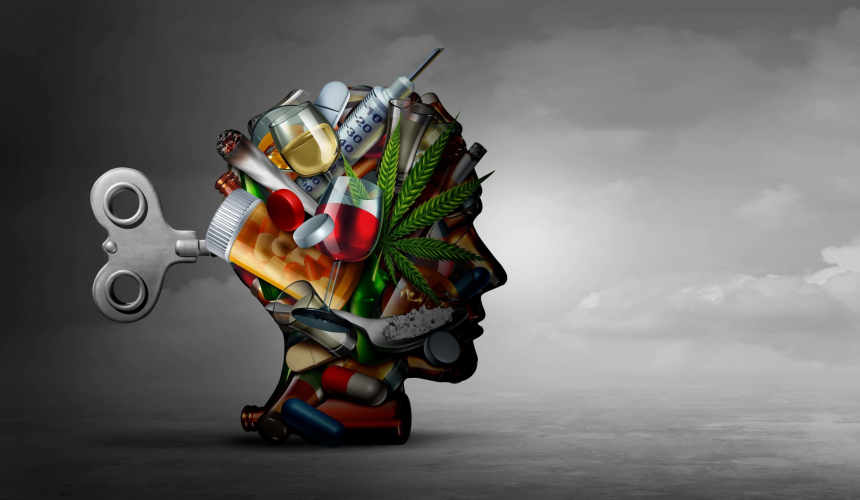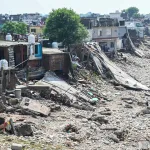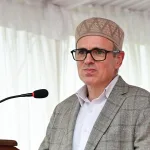Drug addiction has emerged as one of the gravest challenges of contemporary times, especially among the youth. Across India, this menace is tightening its grip, and states like Punjab and Jammu & Kashmir UT are among the worst affected. In J&K, the problem is worsening with each passing day, despite the government’s efforts through campaigns like Nasha Mukt Bharat Abhiyan and various drug de-addiction programs run by the UT administration.
According to official data shared by the Central Government in Parliament, the number of people affected by drug abuse in Jammu and Kashmir has reached nearly 10 lakh, which is around 8% of the total population of Jammu and Kashmir. In 2023 the Standing Committee on Social Justice and Empowerment has conveyed to the Parliament of India that approximately 13.50 lakh drug users including young boys and girls are estimated to be in Jammu and Kashmir.
The reasons behind this growing crisis are manifold. Economic distress remains a key driver. In Kashmir, unemployment is rampant, and the pressure to secure a job is not just economic but social. Employment is often seen as a prerequisite for social acceptance and even marriage, leading to immense stress among the youth. In such an environment, drugs become an easy escape. Peer pressure and the lure of recreational drug use further aggravate the problem.
Moreover, the political instability has taken a toll on the mental health of many, especially the younger generation. Constant exposure to violence, instability, and political uncertainty breeds anxiety, depression, and trauma conditions that make individuals more vulnerable to substance abuse. Unfortunately, mental health care and counselling services in schools and colleges are either absent or ineffective. Career counselling is often reduced to pushing students towards NEET and JEE, narrowing their choices and ignoring their individual aspirations, choices and talents.
Despite the availability of drug de-addiction and rehabilitation centers at each district headquarters in J&K, awareness about these facilities remains dismally low. Many youths and even their families do not know where to seek help. Part of the problem lies in the nature of our awareness campaigns. These are often superficial and limited to highlighting the ill effects of drug use its impact on health, finances, and families. What is missing is a comprehensive understanding of rehabilitation, recovery, and legal aid.
Another worrying trend is the unregulated mushrooming of NGOs and individuals claiming to be drug de-addiction experts. With little to no expertise, these entities organize workshops, seminars, and public meetings without a scientific or psychological approach to addiction. The lack of professional intervention dilutes the seriousness of the issue and often does more harm than good.
Our current strategy is fragmented. What we need is a comprehensive policy that goes beyond occasional awareness drives. Rehabilitation should be backed by medical professionals, psychologists, and social workers trained in addiction management. Schools must introduce age-appropriate mental health education, focusing on emotional well-being and coping mechanisms. However, caution must be exercised while conducting awareness sessions at the primary or middle school level. Improper handling may backfire, as younger children may become curious and experiment with drugs rather than stay away.
The legal aspects of drug abuse are also largely ignored in public discussions. Youth must be made aware not only of the dangers of drugs but also of the legal consequences possession, consumption, or sale of drugs can lead to serious criminal charges. Including legal literacy in awareness programs could serve as a deterrent.
Drug addiction in Jammu and Kashmir is not merely a health issue but a complex socio-economic and psychological crisis. To fight this menace, we must adopt a holistic approach involving educational institutions, healthcare professionals, civil society, law enforcement, and most importantly, the youth themselves. Rather than treating addiction as a moral failure, we must see it as a public health emergency that requires compassion, awareness, and above all, coordinated action.
(Author is independent columnist, Counselor and Academician. He can be reached at [email protected])








